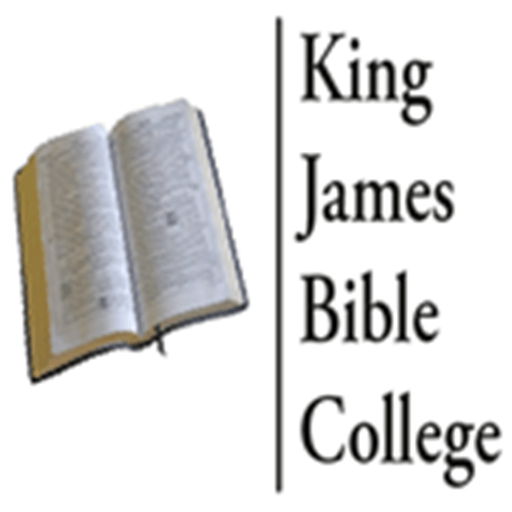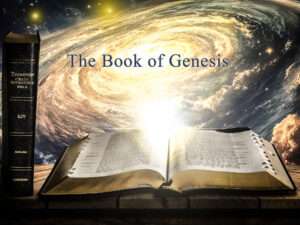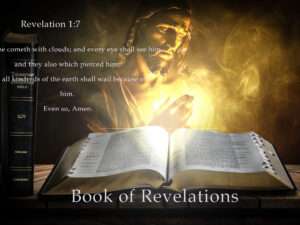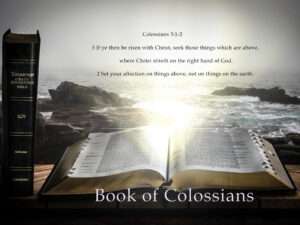The Legacy and Authority of the King James Bible: History, Language, and Preservation
- Description
- Curriculum
- FAQ
- Reviews
- Grade
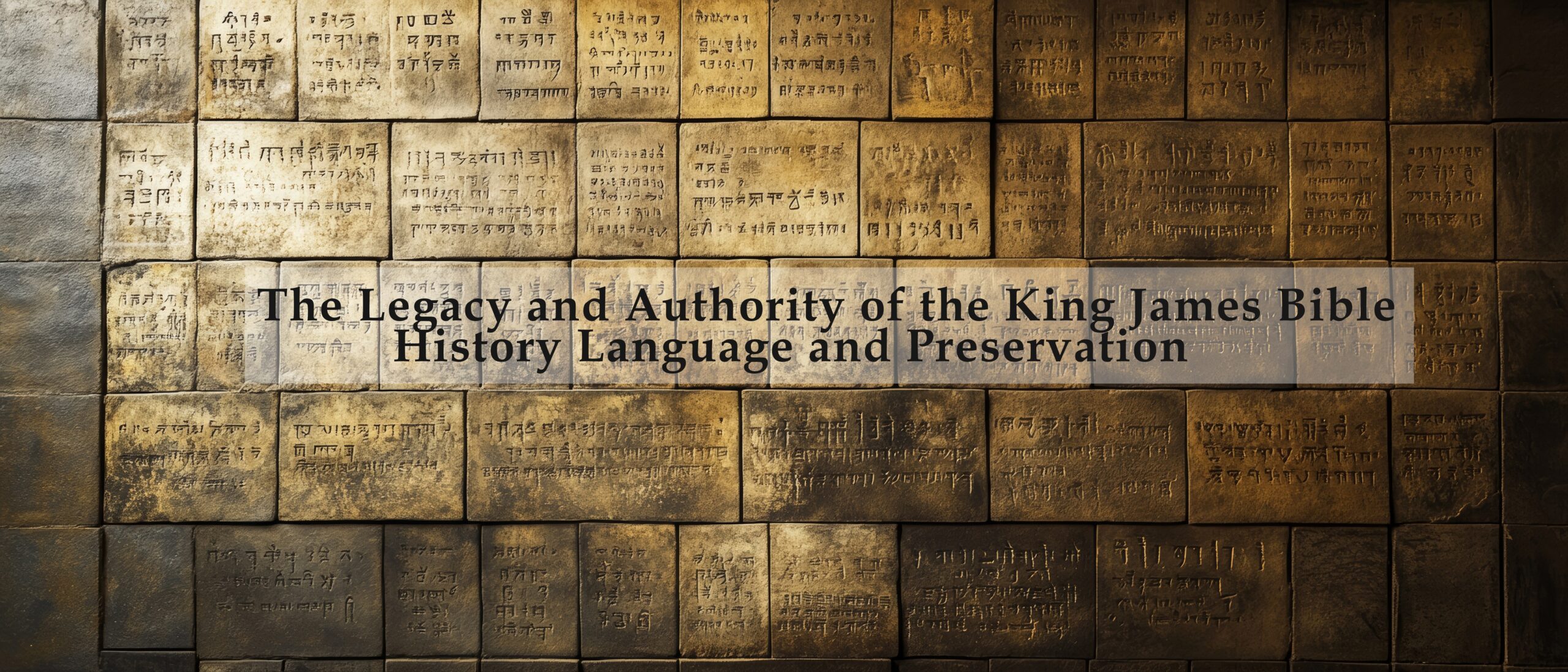
Students are encouraged to watch the full lecture videos prior to doing the assignments. All quiz questions and assignments are based on the lectures.
This course provides an in-depth exploration of the King James Bible, focusing on its historical foundation, linguistic features, textual integrity, and enduring significance in modern Christianity. Through four comprehensive lessons, students will gain a deeper appreciation of the KJV as God’s preserved Word for English-speaking people.
Included Lessons:
- History and Foundation of the King James Bible: Examine the historical context, translation process, and the guiding principles that shaped the creation of the KJV.
- Addressing Archaic Language in the KJV: Learn how to navigate and understand the archaic words and phrases that enrich the KJV text.
- Understanding Textual Variants and Omissions: Analyze the textual differences and omissions in modern translations compared to the KJV, emphasizing the importance of preservation.
- The Role of the King James Bible in Modern Christianity: Explore the relevance and impact of the KJV in shaping Christian doctrine, worship, and daily living today.
This course is required for the Certificate in King James Bible Studies, Associates in Biblical Studies, Bachelor’s in Theology with a Focus on the King James Bible, providing foundational knowledge essential for understanding and defending the authority and legacy of the King James Bible.
-
1Welcome to the Advanced Courses!
Lecture Notes Now Available Before Video Lectures!
Students can now access lecture notes before watching the video lectures. This allows them to print the notes and take additional notes while following along. We highly recommend watching the full lecture videos for a complete understanding of the material. -
2Where Would We Be Without the Foundation of the KJV? - Mark Reno - lecture
This lesson explores the critical role of the King James Version (KJV) Bible as a foundation for Christian doctrine and faith. Presented by Mark Reno, the lecture highlights the historical significance, doctrinal integrity, and practical importance of maintaining the KJV as a standard for understanding God’s Word. Students will gain insights into the dangers of deviating from the KJV and how such changes can distort foundational truths.
Note: The original transcript for this lesson was auto-generated from the video lecture and may contain minor inaccuracies or inconsistencies. It has been edited for clarity and formatted to aid student understanding.
-
3Where Would We Be Without the Foundation of the KJV? - Mark Reno
In this video lecture titled "Where Would We Be Without the Foundation of the KJV?"
Mark Reno delves into the pivotal role of the King James Version (KJV) of the Bible in shaping Christian faith and doctrine. He examines the historical context of the KJV's creation, its influence on English-speaking Christianity, and its enduring significance in contemporary religious practice. This lecture offers valuable insights for those interested in the history and impact of biblical translations. Main content begins at 6:17 in the video.
-
4Where Would We Be Without the Foundation of the KJV by Mark Reno - quizThe following questions test your understanding of the lecture content. Choose the correct answer for each question.
-
5Where Would We Be Without the Foundation of the KJV? - Mark Reno - assignment
-
6Addressing Archaic Language in the KJV - lecture
The King James Bible (KJV) contains words and phrases that are considered archaic, meaning they are no longer in common use. While some may view these as barriers to understanding, they often enhance the richness of the text. This lecture examines examples of archaic words, their meanings, and why it is essential to preserve and study them for a deeper comprehension of the Bible.
-
7Addressing Archaic Language in the KJV
This lesson delves into the archaic language found in the King James Version (KJV) of the Bible, focusing on words that have become obsolete or have shifted in meaning over time. By examining specific examples, students will learn strategies to comprehend and interpret these terms accurately, enhancing their understanding of the KJV's text. The lesson emphasizes the importance of context and historical language study in grasping the intended message of the scriptures.
-
8Addressing Archaic Language in the KJV - quizThe following questions test your understanding of the lecture content. Choose the correct answer for each question.
-
9Addressing Archaic Language in the KJV - assignment
-
10Understanding Textual Variants and Omissions - lecture
This lecture examines the textual variants and omissions found in modern Bible translations compared to the King James Version (KJV). The focus is on the historical, theological, and textual foundations that underlie these differences, highlighting the reliability of the KJV as a preserved Word of God.
-
11Understanding Textual Variants and Omissions
This lesson delves into the complexities of textual variants and omissions within biblical manuscripts, focusing on their identification, origins, and implications for biblical interpretation. Students will explore how scribes, through both unintentional errors and intentional alterations, contributed to variations in the text. The lesson emphasizes the importance of textual criticism in evaluating these differences to reconstruct the most accurate representation of the original scriptures. By understanding the nature and significance of textual variants, students will gain a deeper appreciation for the meticulous process involved in preserving the biblical text and the challenges encountered in ensuring its fidelity over centuries.
-
12Understanding Textual Variants and Omissions - quizThe following questions test your understanding of the lecture content. Choose the correct answer for each question.
-
13Understanding Textual Variants and Omissions - assignment
-
14The Role of the King James Bible in Modern Christianity - lecture
The King James Bible (KJV) holds a unique place in history as a preserved, accurate, and transformative translation of God’s Word. This lecture outlines seven reasons to read and trust the KJV, using the alliterative framework of seven “P” words: Preserved, Perfect, Proven, Practical, Poetic, Pertinent, and Powerful. Each reason highlights the KJV’s superiority in textual foundation, translation quality, historical significance, and impact on individuals and societies.
-
15The Role of the King James Bible in Modern Christianity
In this lesson, we will explore the pivotal role that the King James Bible (KJB) continues to play in modern Christianity. Drawing from the insightful video, "7 Reasons You Should Read the KJV" by Jared Longshine, we will examine the history, influence, and enduring significance of the KJB in today's Christian faith. The video highlights key aspects such as the translation process, the theological principles behind its creation, and its impact on Christian doctrine and worship.
Throughout this lesson, we will delve into the KJB's unique contribution to the English-speaking world and its ongoing relevance for believers today. From shaping Christian thought to influencing the language and culture of the English-speaking world, the King James Bible remains a cornerstone of Christian tradition. Join us as we uncover the reasons why the KJB continues to hold a central place in the hearts of millions of Christians around the globe. Main content begins at 15:31 in the video.
-
16The Role of the King James Bible in Modern Christianity - quizThe following questions test your understanding of the lecture content. Choose the correct answer for each question.
-
17The Role of the King James Bible in Modern Christianity - assignment
-
18FINAL QUIZ FOR The Legacy and Authority of the King James Bible- History Language and PreservationThis is the final quiz covering all lessons in this course. Questions will be drawn from each lesson we have studied throughout the course. Please note, this is an open-book exam. A passing score of 80% or higher is required. If you have any questions, feel free to contact the instructor via message.
-
19Finaltest
1. History and Foundation of the King James Bible
2. Addressing Archaic Language in the KJV
3. Understanding Textual Variants and Omissions
4. The Role of the King James Bible in Modern Christianity
